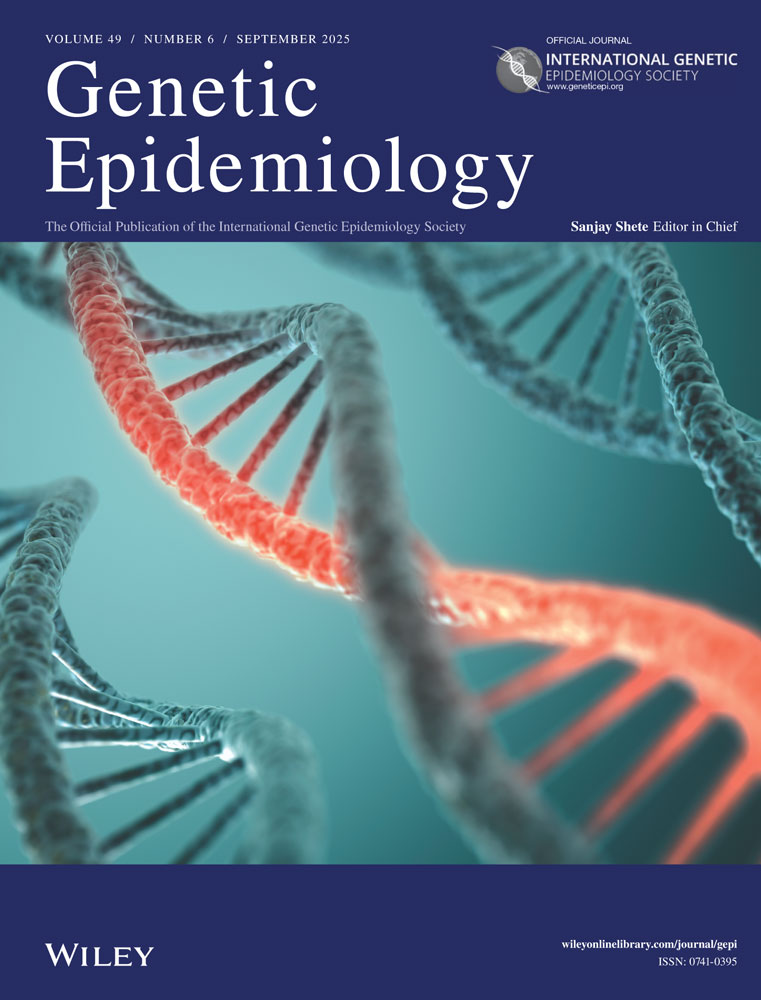Familial risk of cancer among randomly selected cancer probands
Abstract
Several investigators have reported that relatives of lung cancer probands have a greater-than-normal likelihood for developing some form of cancer. To evaluate whether this familial risk is general for probands with cancer at any site or limited to lung cancer probands, we did a case-control study in which probands having cancer affecting any body site were identified and their pedigree data were tabulated. Telephone interviews and a mailed questionnaire were used to obtain cancer histories and environmental exposures on the families of 41 lung cancer probands, 105 probands with cancer other than lung, and 127 spouse families. Cumulative tobacco exposure (P<.05), occupational hazards (P<.005), and age of the family relatives (P<.0001) were found to be statistically significant predictors of cancer risk. With consideration given for these variables, we determined that siblings of lung cancer probands were at slightly greater risk of cancer of any kind (odds ratio [OR] = 1.43, P = .06) than siblings in the control group. Much of the elevated risk was attributable to an excess of lung cancer (OR = 2.49, P = .06). Siblings of non-lung/non-breast cancer probands were also determined to be at increased risk of lung cancer as well (OR = 1.61, P = .06). For parents, the risk was lower, although parental information may have been underreported.




